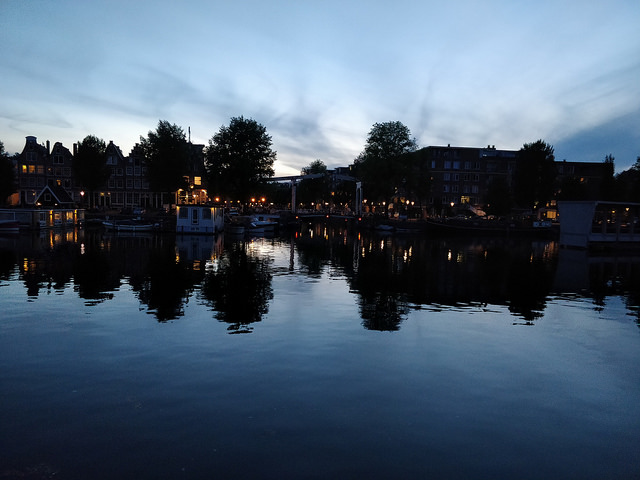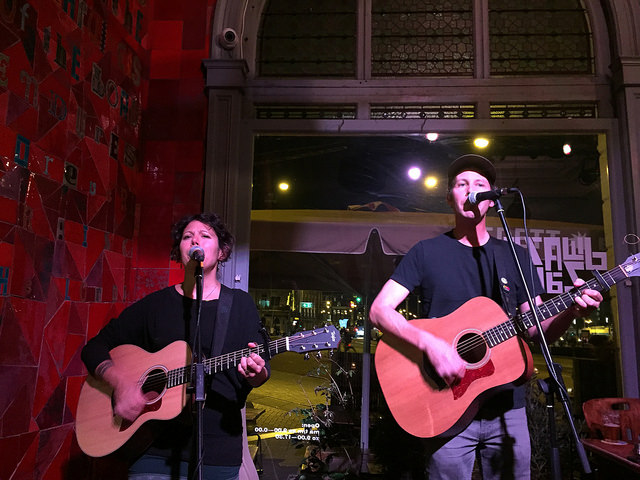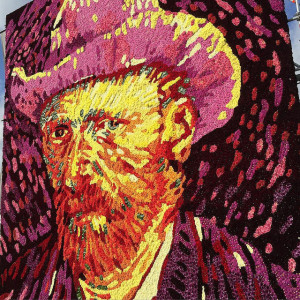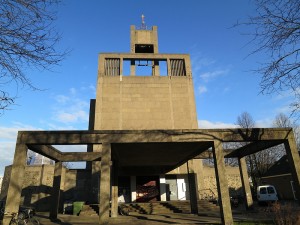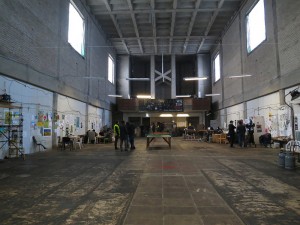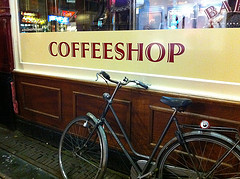It is not a particularly round number nor is it a sacred number in any culture I’ve ever learned about in my travels, but this week begins my 17th year as a resident of the Netherlands. 16 years ago this month, I arrived with 50 kilos of luggage from Portugal with a simple idea, be a graduate student in this country that I knew very little about. I’d love to say I remember it as if it were yesterday, but you try remembering stuff from 16 years ago, especially in a city that is constantly renovating, repurposing, and changing things. The buildings might look the same, the people might even do many of the same things, but you can bet life has changed and I’ve been a witness to those changes.
Meanwhile my own life has gone through phases, the ups and downs that make up many a life. If you had asked me what my life would look like at the start of my 17th year way back when I first arrived, I would not have been able to answer. Incidentally, some things never change, I still can’t tell you what my life will look like in 17 years. Sometimes not knowing gets to me, but thankfully, most of the time, I’m thrilled to still not know what is around the corner. I mean other than old age.
This website started just before the big move, back in a little apartment in Lisbon, as I packed my things and said goodbye to a city I thought I could not be without. In the end it is this city, Amsterdam, which has been my constant over the course of almost two decades. At the time the idea was to let people read my observations, and in some form, that is what we still do here. After two years of writing, I started doing it in audio form, not yet fully understanding what this odd hobby that myself and a few dozen people around the world were doing (podcasting) was going to become; a mass audience phenomenon. In between I kept writing. Kept taking the pictures and posting them. Even threw in some videos for fun. Sites like Facebook and twitter, for better or for worse, would all come along much later. Back in 2002 this was a personal space to share with you the public, and if you were there you know how special it was. It wasn’t just about moving your life to a new city and telling others about it, it was about sharing life experiences and discussing what was going on around us — be it in the place where we live or on the other side of the world. No issue too big and absolutely no issue too small.
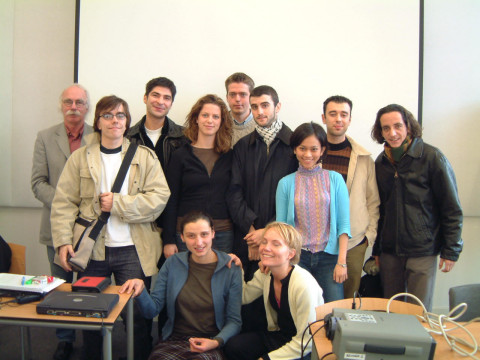
Of course, like Amsterdam, the internet has changed. Writing, recording, on the internet, has become so commonplace that it goes mostly unnoticed and will be buried behind other content within seconds. In some ways so too do some moments in this city. I watched today, in honour of this anniversary, as new students arrived at the U of Amsterdam, ready to do their study abroad or their first year as grad students. The conversations were so familiar, yet I felt invisible. I imagined school as a VHS tape, and these students’ arrival as someone taping over something. Over and over this happens with every new group. The tape doesn’t get grainy or lose quality for them, but perhaps it does for me… as many names, places, and moments, have faded over time.
Regardless, I’m still here, and life is still interesting. Just as it was back in late August 2002. Happy anniversary to me in Amsterdam, and happy anniversary to this crazy website. Long may we all carry on!
